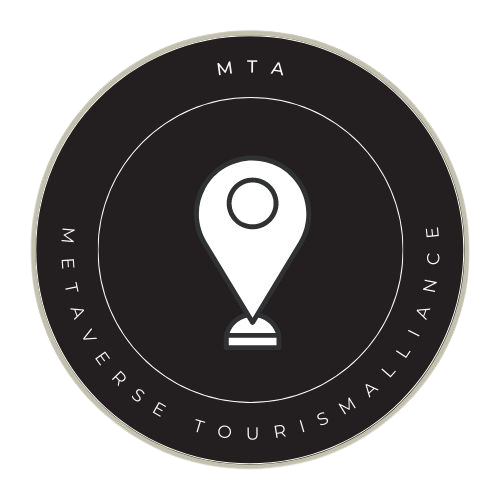It’s crucial for tourism professionals to continually upskill and stay informed about future developments in the travel sector. As the industry evolves and tourist preferences are increasingly varied with sustainability as a key consideration, the industry needs to stay abreast of global trends that can anticipate shifts in demand and supply. For monthly updates in the MetaTourism space subscribe to our free newsletter today.
Hospitality professionals can use their varied skill base to offer many benefits in the growing Metaverse sector. Leveraging existing skills to augment these new virtual environments is something the MTA are very keen to promote. With its focus on hospitality, customer experience, and destination management, the tourism sector provides a rich pool of talents poised to thrive in the digital realms of the metaverse.
- Customer-Centric Focus
At the heart of both tourism and the metaverse lies a shared emphasis on customer satisfaction and user retention. Just as hospitality professionals prioritize delivering memorable experiences to travelers, developers of the metaverse are tasked with creating immersive environments that captivate and engage users. Individuals skilled in understanding and catering to diverse customer needs, preferences, and expectations can seamlessly transition their expertise from the physical realm to the digital domain.
- Virtual Destination Management
In the tourism industry, destination management involves everything from marketing and promotion to infrastructure development and conservation efforts. Similarly, in the metaverse, creators and developers assume the role of destination managers, shaping virtual landscapes and curating experiences for visitors.
Professionals well-versed in destination management principles can apply their knowledge to design and maintain vibrant digital spaces within the metaverse, fostering community engagement and sustainable growth.
- Cultural Sensitivity and Diversity
Tourism professionals understand the importance of cultural sensitivity and inclusivity in catering to a global audience. Likewise, the metaverse transcends geographical boundaries, welcoming participants from diverse backgrounds and identities. Individuals with a keen awareness of cultural nuances and a commitment to fostering inclusive environments can contribute to building equitable and welcoming virtual communities within the metaverse.
- Storytelling and Experience Design
Effective storytelling lies at the heart of successful tourism campaigns, evoking emotions and immersing travelers in captivating narratives. In the metaverse, storytelling takes on a new dimension, where users actively participate in shaping their own narratives and experiences. Professionals adept at crafting compelling stories and designing engaging experiences can leverage their skills to create immersive virtual worlds that resonate with users on a profound level.
- Adaptability and Innovation
The tourism industry is no stranger to change, with professionals constantly adapting to evolving technologies, market trends, and consumer behaviors. Similarly, the metaverse is a dynamic and rapidly evolving landscape, driven by continuous innovation and experimentation. Individuals accustomed to navigating change can thrive in the ever-evolving ecosystem of the metaverse, contributing fresh ideas and driving transformative experiences.
Leveraging tourism and hospitality skillsets
Using a vast base of hospitality professionals to create the hybrid future of travel is beneficial for everyone involved in the creation and distribution of this new form of content.
Professionals from the tourism industry possess a wealth of transferable skills that can enrich and enhance virtual experiences. By leveraging their expertise in customer-centricity, destination management, cultural sensitivity, storytelling, and adaptability, these individuals can play a pivotal role in shaping the future of immersive digital environments.
By investing in continuous learning and staying informed about future developments, tourism professionals can future-proof their careers and contribute to the sustainable growth and resilience of the travel industry as a whole.
Are you a tourism professional hoping to upskill and learn about the hybrid future of travel? Join us to access education, webinars, courses and 1-to-1 mentors using advanced technologies.

